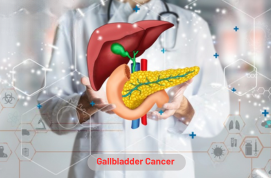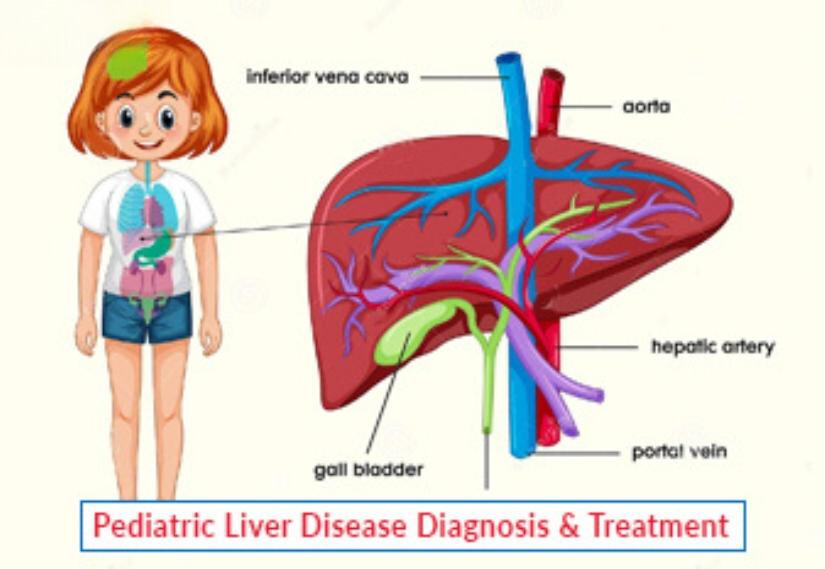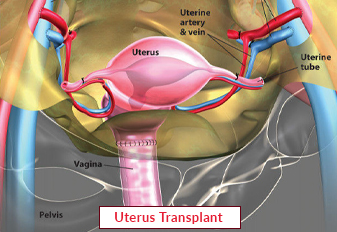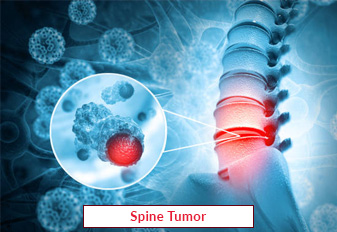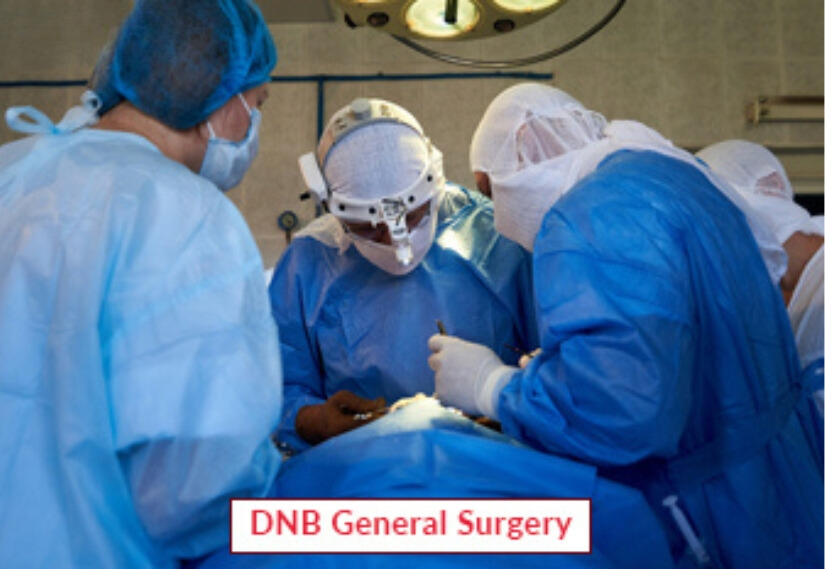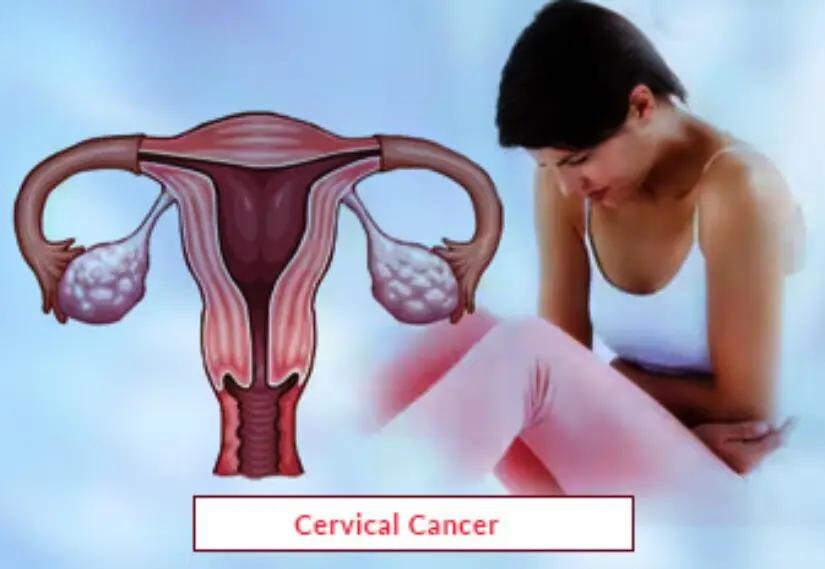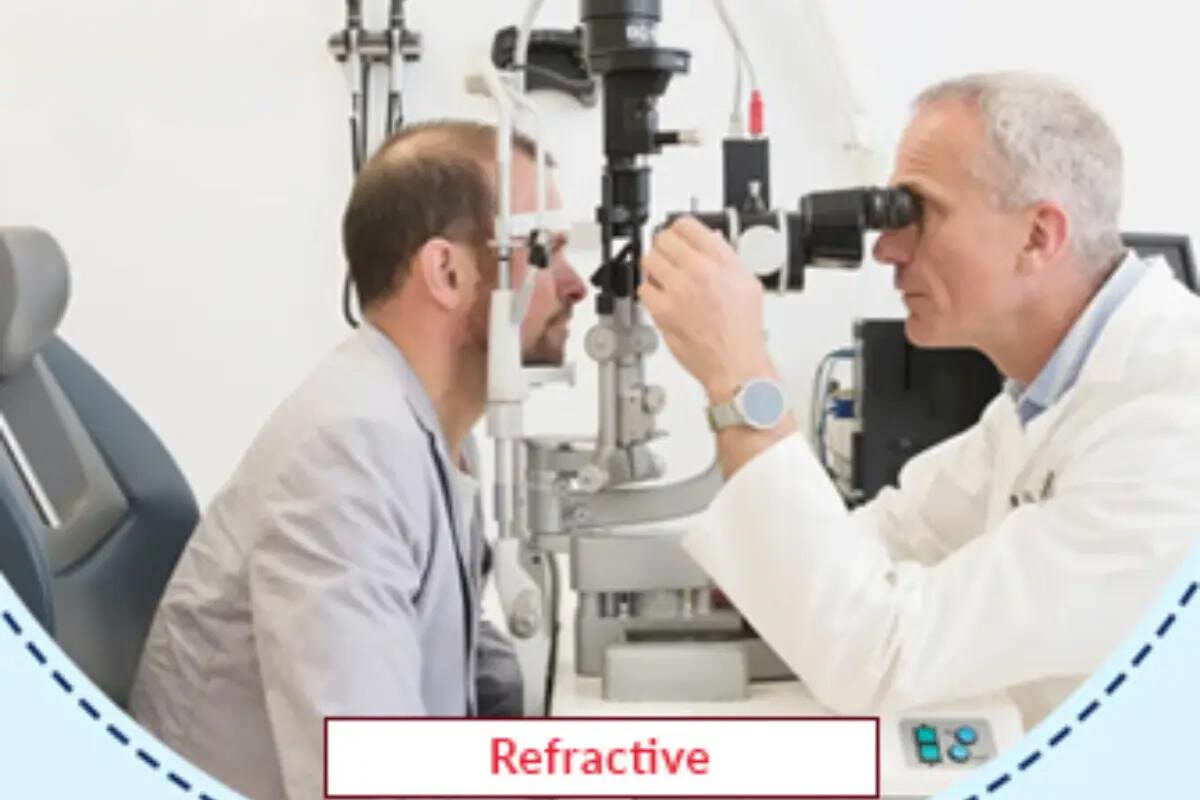Gallbladder cancer is the most common gastrointestinal cancer, and is one of the rarest cancers that often develops with no signs and symptoms during early stages. Malignant cells that continue to exist in the gallbladders tissue cause it to develop. The small but vital organ known as the gallbladder gathers and stores bile from the liver releasing it into the small intestine to help in fat digesting activity. A network of ducts called a biliary tree connects the gallbladder which is situated beneath the liver’s right lobe to the biological process (digestive system).
A gallbladder cancer diagnosis can be an anxious experience that leaves patients feeling scared and confused. But there is hope for better quality of life and efficient management thanks to developments in medical science and a comprehensive treatment strategy. This cancer is a serious condition that needs to be treated right away. It starts in the gallbladder, a tiny organ that stores bile and if gallbladder cancer treatment is not received it can spread to other organs and tissues. Since symptoms frequently appear in advanced stages early detection is essential.
Gallbladder cancer management is a journey, not a destination. With advances in medical science, personalized care and emotional support patients can find hope and resilience.
Types & Treatment of Gallbladder Cancer
There are different types of gallbladder cancer all of which start when some changes occur within the gallbladder. These changes help gallbladder cancer cells to grow rapidly.
- Adenocarcinoma: This is the most common type of cancer in the organs. It starts in gland line of that line your organs. It can also affect your different part of body.
- Squamous cell carcinoma: Squamous cell carcinoma is one of the deadly and aggressive gallbladder cancer. They are extremely rare tumors.
- Adenosquamous carcinoma: The type is rare and very aggressive. It contains both squamous and glandular cells
- Small cell carcinoma: SSC (small cell carcinoma) contains 0.5% of gallbaldder cancer and is also rare & aggressive fast growing tumor. Usually found in older women who have gallstones.
- Sarcoma: In this case, the cancer cells grow in the muscles, blood vessels, and nerves that support the gallbladder.
Gallbladder Cancer Causes
Gallbladder cancer’s precise causes are unknown, however a person’s risk of getting the illness may be raised by a few different factors. Among these danger signs are
Age and gender factor: The diagnosis of gallbladder cancer is usually observed in the elderly individuals, with the average age at diagnosis being around 65 years of age.
Gallstones: Patients who now have gallstones or have had gallstones in the past are more likely to develop gallbladder cancer. Larger gallstones might be more dangerous.
Gallbladder polyps: There may be an increased risk of developing gallbladder cancer in individuals with gallbladder polyps.
Being overweight: Being overweight, especially women, bring about hormonal changes that may cause a shift in the balance of hormones in the body. This hormonal imbalance increases the risk of gallbladder cancer.
Smoking: A person who smokes increases their risk of gallbladder cancer.
Primary Sclerosing Cholangitis (PSC): In this condition, patients can find increase in inflammation of the bile ducts and higher the risk of gallbladder cancer.
Gallbladder Cancer Symptoms & Signs
Following are Gallbladder Cancer Symptoms which will occur if you are suffering from it.
- Patients can feel tired or exhausted.
- Abdominal bloating or swelling, appearing with pain.
- Sometimes gallbladder cancer can cause vomiting.
- In some stages, gallbladder cancer can cause lumps to develop on the right side of the abdomen
- People with gallbladder cancer experience belly pain. Mostly in the upper right part of the abdomen.
Gallbladder Cancer Treatment Options
Gallbladder cancer treatment depends on the disease stage and overall health. For best results a customized treatment plan that fitting each patients needs must be in place. Surgical operation of the tumor is frequently the first course of treatment which is followed by:
Surgery: Gallbladder cancer can be removed by the surgeries. It is divided into different categories which are: Radical cholecystectomy & Extended cholecystectomy.
Chemotherapy: In this treatment, medications are used to stop cancer cells from spreading by killing or preventing them from dividing.
Radiation Therapy: A high dose of X-rays is used to destroy the cancer cells.
Our Other Services
Latest Health Tips
5 Foods that Kill Cancer
Cost of Pacemaker Surgery in India
Knee Replacement Surgery Cost In India
What Size of Kidney Cyst is Dangerous?
The Role of Technology in Modern Hip Replacement Surgery
What Stage of Cancer is Immunotherapy Used For?
Leukemia Bone Marrow Transplant Life Expectancy
Why Thailand is a Top Destination for Cosmetic Surgery?
Submit Your Enquiry
Testimonials








